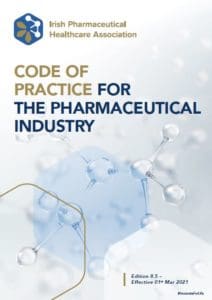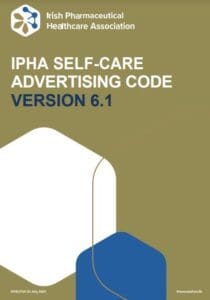The biopharmaceutical industry is making efforts to improve transparency in our relationships with healthcare professionals (HCPs) and healthcare organisations (HCOs). The relationship between the biopharmaceutical industry, HCPs and HCOs should be based on integrity and transparency.
Since July 2016, details of companies’ financial interactions with HCPs and HCOs have been published. The move is consistent with the industry-authored Code of Practice for the Pharmaceutical Industry. We initiated the disclosure of companies’ financial interactions to hasten the move towards transparency. However, HCPs must consent to the disclosure of data and without that consent, the data is published in aggregate form. We have achieved 100% individual level disclosure for HCOs and we want to also achieve 100% individual-level disclosure for HCPs. We are encouraging more of our companies to use legitimate interests as the legal basis for the disclosure of transfer of value information to achieve that aim.
Legitimate Interests is a different legal basis for the disclosure of details of all direct and indirect transfers of value, whether in cash, in-kind or otherwise to HCPs. We believe the move could significantly boost rates of individual-level HCP transfer of value disclosure and reduce the administrative burden for both companies and HCPs. Our move to encourage companies to use legitimate interests follows the receipt of an opinion from the Data Protection Commission’s opinion on the use of Legitimate Interests for ToV Disclosure Aug 2022 which states that it ‘’has not identified anything giving rise to significant concern in relation to the processing of personal data”.
IPHA Code of Practice for the Pharmaceutical Industry V8.5_effective 01.03.21….
IPHA Code of Practice for the Pharmaceutical Industry V8.5_effective 01.03.21_tracked…
IPHA’s mandatory template for Patient Organisation disclosure_5 Nov 2020
IPHA’s Min Mandatory requirements for Privacy Policies (Leg Interests)_ 5 Nov 2020
Best-Practice-for-ToV-Disclosure_29-Jul-2021
HPRA’s Guide to Advertising Compliance
Methodological note structure’s template
IPHA Self-Care Advertising Code_Version 6.1_effective 01Jul22 _final
Note that while IPHA and EFPIA do not provide a guidance about Fair Market Value applicable to collaboration with Patient Organisations, patient remuneration principles (EFPIA Working Together with Patients – Principles) are available as a non-binding guidance at workingtogetherwithpatients_patient-remuneration-principles.pdf (efpia.eu)



